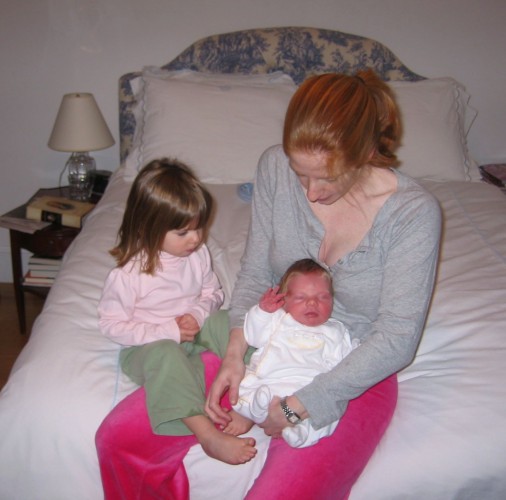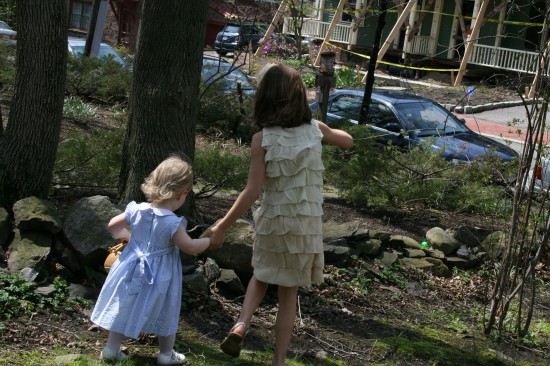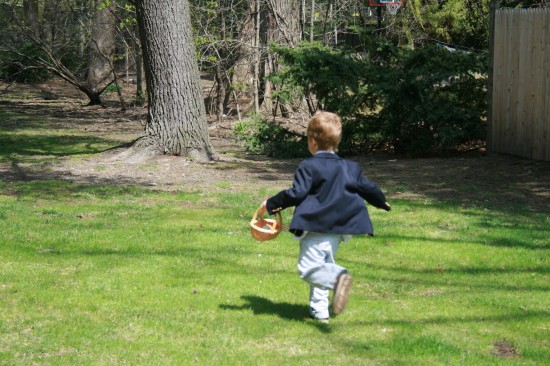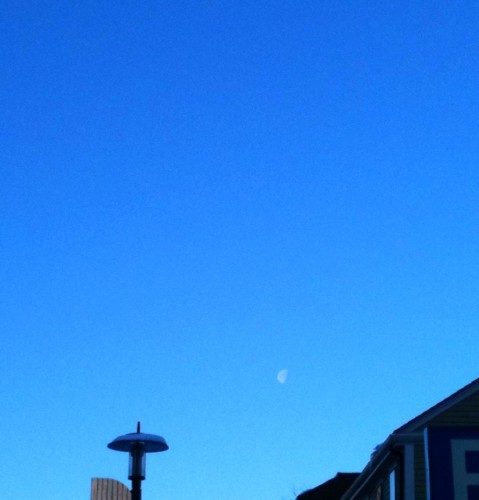
Last week I read Amy at Never True Tales’ words on The Witching Years. She writes about the years that her children were young, with a combination of regret, loss, gratitude and wonder that I recognize intimately.
It’s clearer here, on the other side. In the light. With kids who brush their own teeth and do their own homework and get their own snacks. I know now that being a mom of young children, staying in the house day after day, parenting solo 80% of the time…well, it is what it is. (Oh, is it ever.) I know that I did my best.
I also know I’ll never get those years back, as much as they often make me shudder: those years that passed so slowly as to nearly grind backward. Those years so long I measured my children’s ages in months instead. And that’s a travesty, because I left a piece of myself there. Something raw, and unmeasured, and instinctively maternal. Something sacrificial.
Those years were also, for me, a time that felt removed from the rest of my life. It’s absolutely true that it’s clearer here, and also that this feels a bit like the “other side.” In retrospect those dark years were a kind of slow, dark traverse, like the hours-long slog to the top of Mount Kilimanjaro where all I can remember is step, breathe, pause. Step, breathe, pause. In a white-out ice storm. For eight hours. All the while wanting it to be over, and then the minute I’m through it I want to go back.
Hurry up, slow down, faster, slower, the interplay of impatience and of regret. This is the music to which my life is danced. When my children were little I used to talk wistfully – everyone used to talk – about “getting my life back.” And yes, I have my life back now. But it’s not the same life. And furthermore, I feel nothing short of anguish that I wished over some of the most tender, raw, and special days of my life. I will never revisit that unique interval of time when your regular life – that life I wanted back so fiercely – recedes. I will never have that wild magic back.
And I’d do it all over again in a heartbeat. What I can’t stop thinking about is the notion of I left a piece of myself there. Oh, yes. My first few months of motherhood were a crucible, so hot that I emerged made up of a totally different alloy. In those dark weeks it rained and snowed constantly, we waited for Matt’s father to come through surgery, I woke up every morning from deep, soggy sleep and swallowed a white pill, believing desperately that it would help me? Beyond those initial weeks, the first few years were also their own country. Set to the drumbeat cadence of the needs of a toddler and an infant, the demarcations between day and night eroded, the very earth beneath my feet tilting perilously. My sense of self adjusted slowly, creakingly, to this new forever-after reality?
What did I leave there?
I left my body swollen with childbirth, with milk, with life. I left eyes so tired that they felt like they had sand in them; I’d press my fingers to my eyelids and see stars exploding faintly in the blackness. I left behind the powdery smell of newborns, a bottle drying rack by the sink, mint green coils of diaper genie wrapped diapers, sterling silver rattles dented from being thrown on hardwood floors, and all sizes of white onesies. I left behind the explosive and extraordinary experience of natural childbirth, though it reverberates to this day through my sense of self.
I left my naive but absolute belief that motherhood was my birthright. That shattered like a lightbulb exploding and left behind questions and doubts as numerous as those shards of glass. One of the tasks of the last few years has been to see the beauty in the doubts, the tremendous richness in the questions.
Most of all I left behind my certainty. My certainty that I knew what I was doing, that my path was assured, that I was safe. That was lost forever in those weeks where my sense of solid ground shifted; the tremors of those days reverberate still. Nothing feels safe, but the uncertainty holds a dangerous, fearful promise that I never anticipated. The impact of those years is carved onto my soul as indelibly as a scar would be on my skin; the difference is it is invisible to others.
I grieve those old, surer, more confident versions of myself, though in retrospect I can see in each of them the buried seam of doubt, rising occasionally to the surface, disturbing the apparently smooth, clear surface like a pebble dropped into a lake. That’s what I left there, most of all, in the autumn of 2002: who I was sure I was, what I was certain the world was, and the future I saw unfurling in front of me so vividly and assuredly.
Nothing has ever been sure again. And what an immense, outrageous, terrifying blessing that has been.





